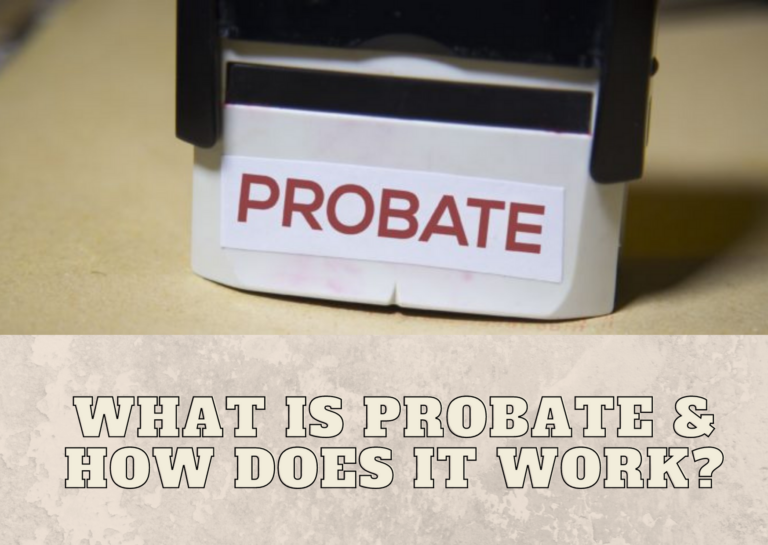The Basics Of A California Ancillary Probate Proceeding
What Is An Ancillary Probate Proceeding?
If a person dies owning assets in his or her sole name or as a tenant in common, those assets will need to be probated in order to transfer them from the decedent to the names of the decedent’s heirs or beneficiaries. Probate typically occurs in the County where the decedent lived at the time of death.
When the decedent owns assets in multiple states, a second, out-of-state probate proceeding typically needs to be filed to transfer those assets located out-of-state to the decedent’s heirs or beneficiaries. This proceeding is called an “Ancillary” probate proceeding.
For example, if a Nevada resident owned assets in Nevada and California, two probates typically would have to be completed. There would be a main probate in Nevada for the personal property and Nevada real estate owned by the deceased. A second probate in California would follow the first to transfer the decedent’s California assets (usually real estate) to the lawful heirs or beneficiaries. The reverse is also true. If a California resident dies, there would be a main probate in California for personal property and California real estate and an ancillary probate in Nevada for any Nevada real estate owned by the decedent at the time of death.
Who Is Allowed To Open An Ancillary Probate Case In California?
A California ancillary probate proceeding can be commenced and completed by any “interested person”, or a sister state or foreign nation personal representative. The case is opened by filing a Petition with the California probate court for probate of the non-resident decedent’s will, or for the appointment of a local personal representative. California Probate Code § 12510.
Where Should A California Ancillary Probate Proceeding Be Filed?
A California ancillary probate should be filed in the county where the nonresident decedent died if the decedent owned property in that county, or any county in which the property of the nondomiciliary decedent is located if no property of the decedent is located in the county where the decedent died or if the decedent did not die in California. California Probate Code § 7052.
Who Can Serve as Ancillary Administrator in California?
If a decedent dies while domiciled in a sister state, a personal representative appointed by a court of the decedent’s domicile has priority over all other persons except where the decedent’s will nominates a different person to be the personal representative in California. The sister state personal representative may nominate another person as personal representative and the nominee has the same priority as the sister state personal representative. California Probate Code § 12513.
What Are The Duties Of An Ancillary Administrator In California?
An administrator of a California ancillary probate has the same duties concerning the administration of a decedent’s primary estate, including but not limited to, opening estate administration, inventory and appraisal, creditor claims, estate management, independent administration, compensation, accounts, payment of debts, distribution, and closing estate administration. California Probate Code § 12530.
What Is The Ancillary Administration Process?
Typically, the process is started by filing for probate in the state where the decedent is determined to have resided (California or other state). However, there are many situations where that is not required. For example, if a person dies in another state, has no property there but does have property in California, ancillary probate can file directly in California without opening the domiciliary probate.
Once the probate is filed and letters are issued in the home state typically the following documents are needed to open the ancillary probate in the nondomiciliary estate. The documents typically needed are: (1) an authenticated copy of the out-of-state court order appointing the executor, administrator, or personal representative, (2) an authenticated copy of the court’s “Letters” or similar document (as some states may have other terminology) which expresses the above order and gives the personal representative authority to administer the estate. And (3) an authenticated copy of the decedent’s will if they died with a valid will in place before death. The “Letters” provide the personal representative with the authority to transfer the decedent’s assets to the lawful heirs or beneficiaries.
Lynx can assist in the probate process by making sure your court documents are in tip top shape throughout the case. Please contact us if you have any questions regarding the estate administration process, or if you would like to start a case. We can be reached at 888-441-2355 or info@lynxlegal.com. Our experienced professionals are standing by to take your order and answer any inquiries you may have.
